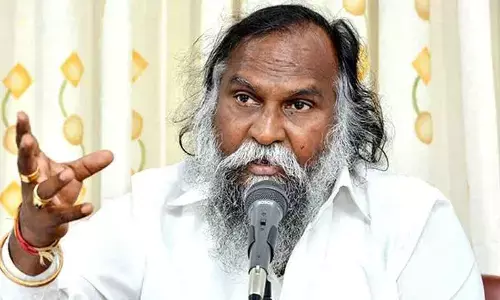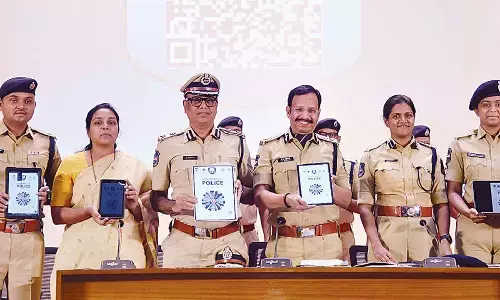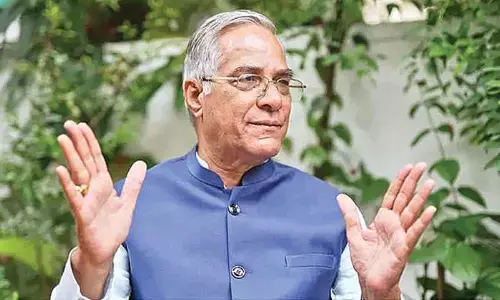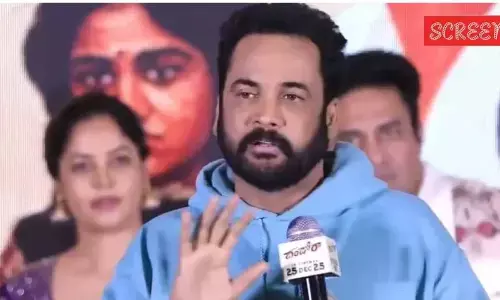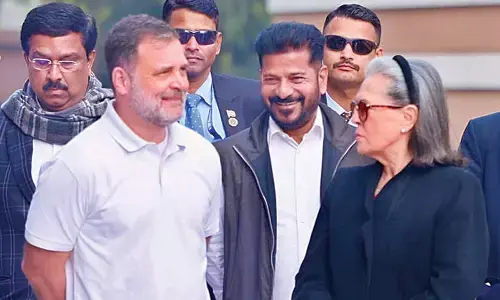Transforming BJP into Congress
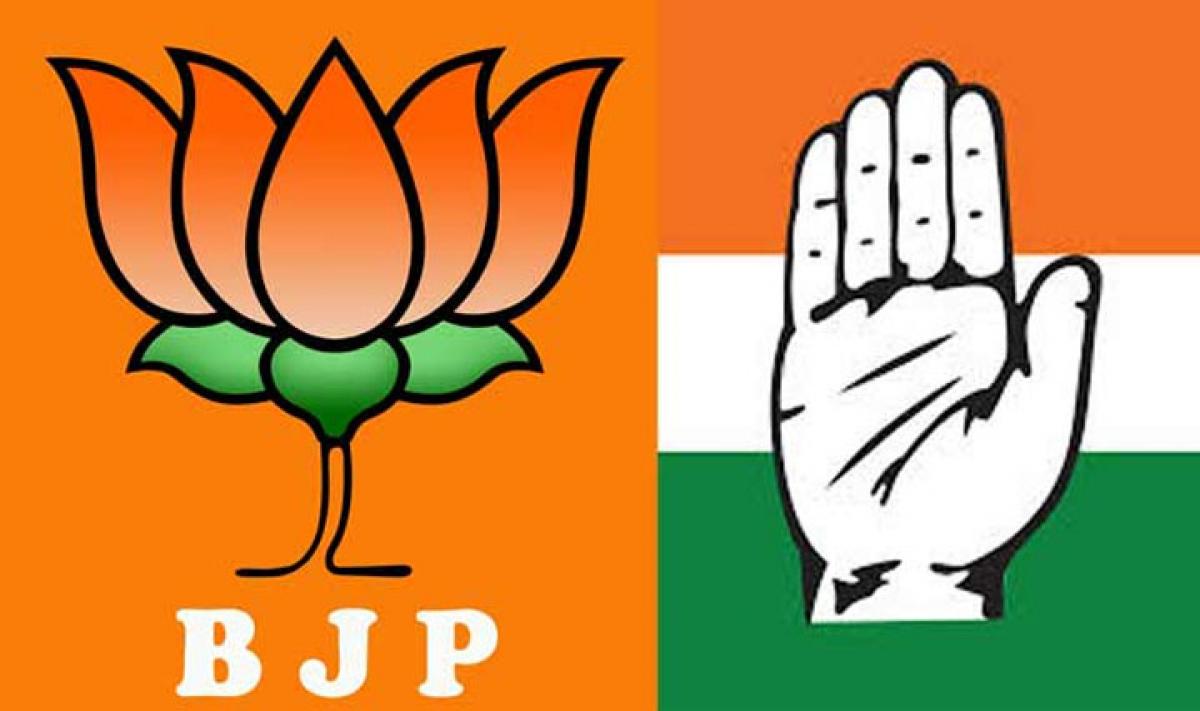
On the records, Congress was a secular party with socialist views on economy. BJP was a party of nationalists, supporting free economy. For those late comers, or the young readers, up to the year \'91, it was so. One more thing they differed was in the area of foreign affairs.
.jpg)
On the records, Congress was a secular party with socialist views on economy. BJP was a party of nationalists, supporting free economy. For those late comers, or the young readers, up to the year '91, it was so. One more thing they differed was in the area of foreign affairs.
While Congress was predominantly pro-Soviet, despite preaching non-alignment, BJP was not so much in love with Russia and favoured western nations. In 1986, when Rajiv Gandhi amended the constitution to overrule the decision of Supreme Court. Before seculars stopped wondering at his act, he did open the gates of Ramjanmabhoomi and that was the end of secular Congress and the major difference between both parties was no more.
In 1991, BJP was ruined, when PV Narasimha Rao became the first prime minister, who completed full term. By his economic reforms, he simply converted the nation a free market throwing the socialist garbage he inherited as a result of 'Nehruvian' policies that were in fact ridiculed in the world as 'Hindu Rate of Growth', albeit Nehru had nothing to do with the word 'Hindu' as he never had anything that was associated with that word. Immediately after Narasimha Rao blurred the difference between Congress and BJP in economics, collapse of Soviet had happened, making the world unipolar.
As such, there was not much to do with non-alignment, and the entire world was aligning around USA. China, at that time wass busy adopting capitalism in the name of communism and didn't meddle in the murky international affairs, and was concentrating to replace Japan as economic super power. By the time the 'Reformer' prime minister quitted office, only difference that was that Congress was the one that craves for minority votes in elections, while BJP was consolidating majority votes. By that time, business had become very much part of politics or it may be put simply “Politics had become a good business”.
Congress was never a tree of democracy, but a climber woven around the tree, which in this case is the Nehru-Gandhi family. BJP, on the other hand was a cadre based party that was left open as a practical test of politics by RSS. However, BJP leaders, despite whatever their public image, had to be accountable for their actions and results – and unlike in Congress, not for the mistakes of the Head family.
Though many saw it side-lining Advani, but that is what happens to old guard. Narendra Modi had to push through the mass of central leaders, who were established in New Delhi. Of course, he had the backing of RSS, but as such RSS had backed him only because he had cultivated a mass following in the country. It was only because of this following, he could push aside Sushma Swaraj, who had a recommendation from Bal Thakeray, who, despite being not a part of BJP or RSS, had influence over them.
When compared with all nominated leaders of Congress, Narendra Modi's selection as Prime Minister Candidate was in fact an election itself, and thus a democratic one. May be it is one of the ironies of nature that the party labelled as a fascist one had elected its candidate, while the party that preached democracy only had nominated leaders. Since then, it appears things have changed. History repeats itself.
In true sense, the towering leadership of Jawaharlal Nehru and Indira Gandhi was partly responsible for the demise of internal democracy in the party. Now, BJP had its big leader in the form of Narendra Modi. With the confidence he felt after winning the general elections, he might have experienced a dearth of strong local leaders in states, and factional fights between whatever leaders existed.
He must have thought himself Superman and tried to lift the entire weight of Lotus on his mighty shoulders, albeit with some support from Amit Shah. He didn't try to strengthen internal democracy in the party and allow natural leaders to come out and grow. Instead, he imposed Amit Shah on states, who became the BJP's version of 'High Command'. And, with strong central leadership and weak leaders at states, he could not expect any different results than what Congress gets. Congress also comes to power, due to TINA factor.
The same logic is applicable to BJP also. With this, the reformation initiated by Narasimha Rao, by making Congress to adopt policies that are foreign to the party, were completed by Narendra Modi, by making his party to adopt policies that are foreign to BJP. Except for the majority or minority support, now both have become same.








